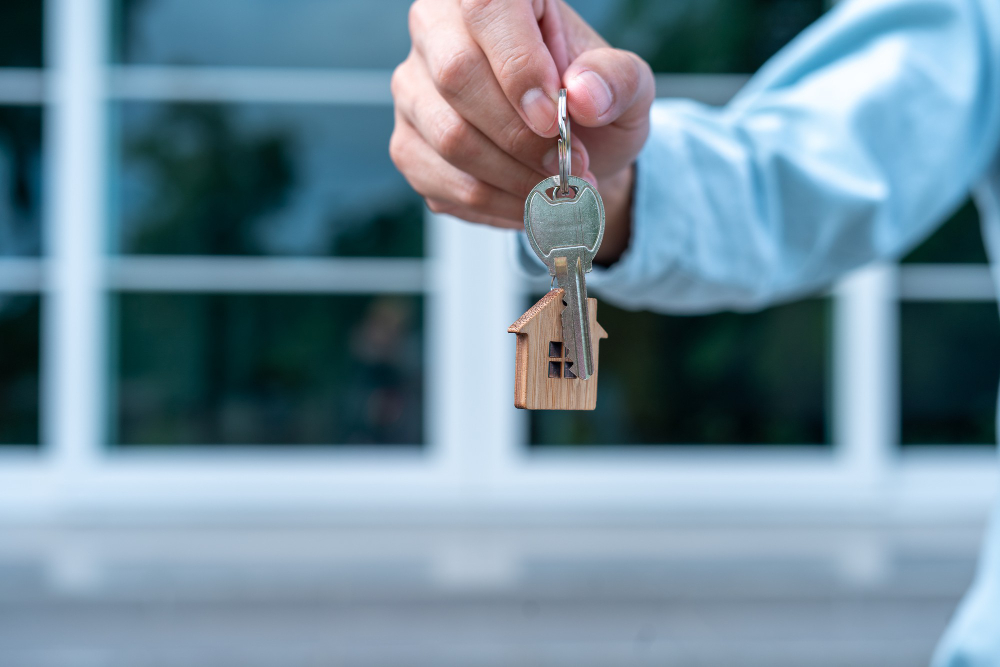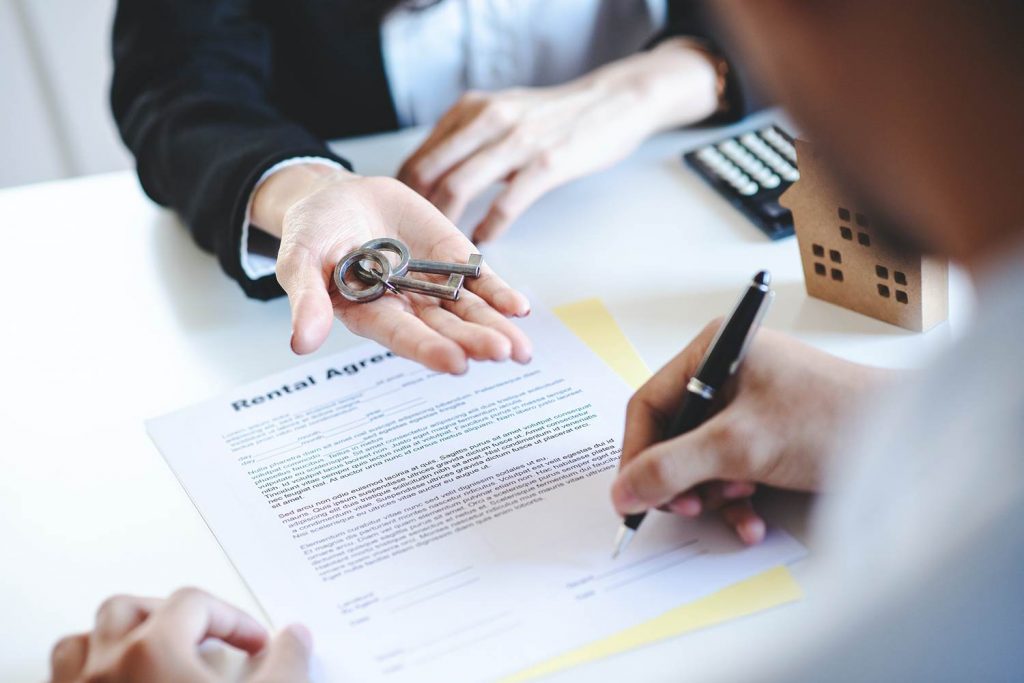Selling a house and shifting to a new property is far more complicated than buying your first home. Selling and marketing your property, working out your financial options timing your move out and the added stress of COVID-19 makes this a daunting task.
Due to the Coronavirus, different parts of the UK have been placed under restrictions for months on end. It has had a significant impact on the property market. But help is at hand. Royce Legal has compiled a step by step guide to selling your house that explains what you’ll need to do and the exact way you should do it.
Can I Sell My House If I’m Still Paying My Mortgage?
The short answer is Yes!
Mortgages are a long term commitment – it is 20 to 30 years of repayments. In the case that you need a mortgage to finance your onward purchases you have two routes:
- Apply for a new mortgage deal.
- Take your current mortgage deal with you. also known as porting.
To decide which route to take, it’s best to check all expenses involved in both scenarios. Regardless, now it is common for homeowners to sell before they have fully paid off their mortgage. It isn’t an obstacle when selling your home, as long as you can afford it. However, consider the following:
- If you are redeeming your mortgage in full (and not purchasing another property) you must ensure that the sale price is higher than the amount remaining on your mortgage loan.
- If you have negative equity and the value of your home has gone down since you bought it, selling is not financially practical for you.
When redeeming part or all of your mortgage, there are likely to be costs and possible financial penalties involved, especially if you are still within a period where early repayment charges apply. Therefore before redeeming, check the terms of your current mortgage. You can do that yourself or by seeking aid from a financial advisor. Requesting your terms and conditions takes 10 days. We advise that you find an independent mortgage broker or financial advisor as they have access to the mortgage marketplace and can spotlight deals you can benefit from in your circumstances.
How Much Does A House Valuation Cost?
A house valuation tells you the potential cost of your property. In 2021, a UK house valuation could cost between £290-£1,390. A house valuation is dependent on the location, value and size of the property. Conducting a house valuation is very important in estimating a fair price for your property. We recommend that you get your property valuation done by a professional. It is the first thing that your real estate agent will look into. It is usually included in their fees.
How To Prepare Your Home For Sale?
We recommend that you clean up and give your place a swipe of paint before putting it on the market. Potential buyers will always be attracted to a clean property with little to no deficits, and that’s ready to move into. Homes with the aforementioned description sell out faster and get a good offer. At the least, we recommend the following when preparing your house for sale:
- Deep Clean your House (£0 – £150): a clean house makes a huge impact. It is inexpensive and satisfying.
- Fix Basic Repairs (£0 – £5,000): problems like dampness or mould should be catered to before selling your property.
- Refurbish (£50 – £2,000): fresh paint, new window frames and doors are worth looking into if the property has not been renovated in the last five years.
What Is an Energy Performance Certificate And Why Do I Need It?
In the UK, when selling your property, you are obligated to acquire an Energy Performance Certificate. The EPC gives information on the energy efficiency of your property, the general energy costs and suggestions to save money and cut down on energy costs. You can hope to get a grade between A (most efficient) and G (least efficient). This document is valid for about 10 years.
You or your estate agent must acquire an EPC within 7 days of putting your property on the market. Its cost ranges from £35-£150+VAT. For more information on EPCs, visit the GOV.UK website at www.gov.uk.
Can I Sell My Property myself or, Should I Hire An Estate Agent?
You can sell your property by yourself, but we recommend you hire an estate agent. While it may be a little costly, the estate agent will save you time by taking responsibility for advertising, showcasing the house to potential buyers and negotiating a price for your property.
When hiring an estate agent, look for the following information:
- The type of property the estate agent specialises in.
- The charges the estate agent asks for.
- The reputation of local estate agencies.
Estate agents are bound by law to protect consumers from unfair sales or malpractices in the market.
Estate agents’ charges
Typically, estate agents calculate their fees as a percentage of the final selling price of the house. It varies from less than 1% to 3.5% and is known as the rate of commission.
Extra costs may include:
- Costs for advertising
- Costs for preparing details of the house inclusive of photography
- A “for sale” sign
- VAT
The agent must confirm the charges and rate of commission that will be made if they agree to act on your behalf.
Choosing Your Conveyance Solicitor
If you or your estate agent has accepted an offer on your property, your conveyance solicitor should be informed. Although all solicitors can legally do conveyance, we recommend that they choose a solicitor who has experience in this field. Royce Legal offers conveyance services. Our solicitors are skilled at handling property-related paperwork from scratch to finish.
You can also hire a licensed conveyancer to do your conveyancing, but a licensed conveyancer is not a solicitor.
Costs for Conveyancing
There is no fixed fee for conveyancing, but it can be in the range of £550 – £1000+VAT. The fee mostly depends upon how well-equipped and competent the solicitor is. Likewise, a licensed conveyancer’s legal fee for selling a house is typically less expensive than one hired for buying.
Furthermore, if you have taken a mortgage out on the property, your solicitor’s fee will increase to £750 – £800+VAT.













